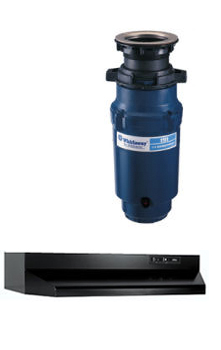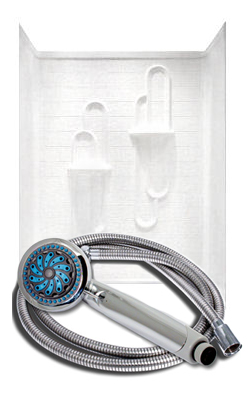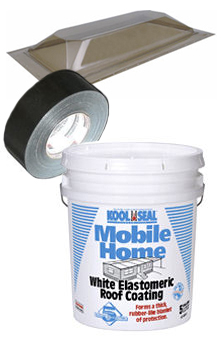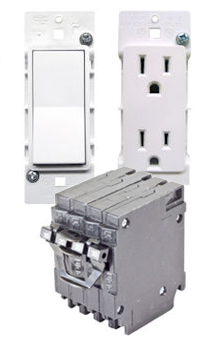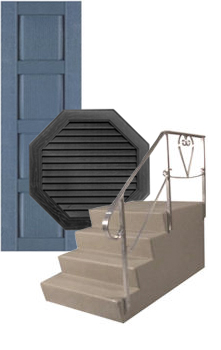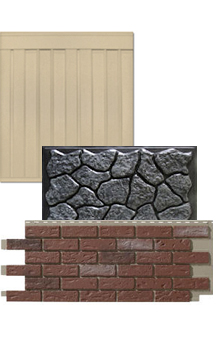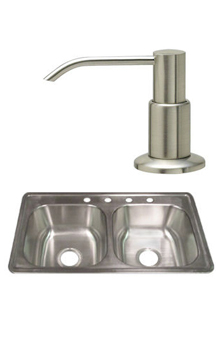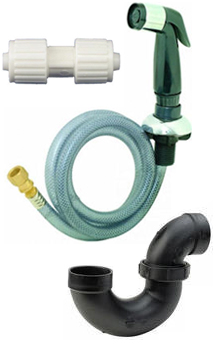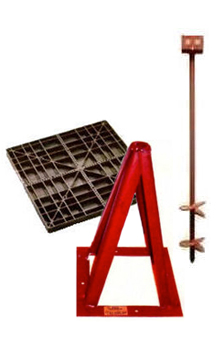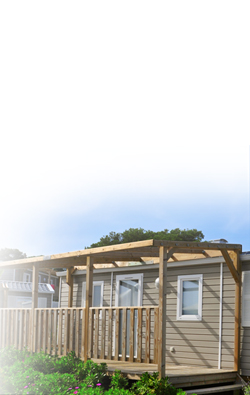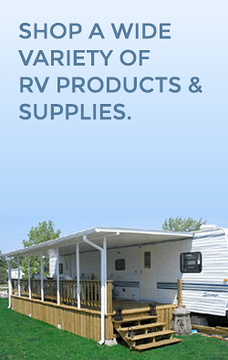 We have all been new to RVing at one point and have all made mistakes along the way. After talking with a lot of our fellow RVers, we have compiled a list of 12 common rookie RV mistakes we have all encountered at the beginning of our journeys. Avoiding these mishaps could save you a lot of headache, hassle, and money for those new to RVing. We will cover mistakes before your RV trip, on the road, at the RV park or campground, packing up, and the biggest RV mistake of them all. So, brace yourself for a bumpy ride, and let’s hit the road.
We have all been new to RVing at one point and have all made mistakes along the way. After talking with a lot of our fellow RVers, we have compiled a list of 12 common rookie RV mistakes we have all encountered at the beginning of our journeys. Avoiding these mishaps could save you a lot of headache, hassle, and money for those new to RVing. We will cover mistakes before your RV trip, on the road, at the RV park or campground, packing up, and the biggest RV mistake of them all. So, brace yourself for a bumpy ride, and let’s hit the road.
Before Your RV Trip
1. The RV Test Drive
We have all been there, new and eager to hit the road in our new RV! However, it’s a great idea to take your new ship out for a spin before taking it out on a long trip. Unless you maneuver larger vehicles daily, such as a bus, driving an RV can present its own set of challenges. It is essential to get a feel for the RV and how it maneuvers. Pay attention to the turn radius and the overhead clearance your RV will need. Remember driving an RV is a lot different than driving your average car or truck.
In addition, practice backing into spots in case your RV park doesn’t have pull-through sites. Trust us, it’s an excellent idea to practice this at least once in a stress-free environment before trying to park your rig for the first time.
2. Adequate Amount of Food
It can really work up an appetite setting up a campsite, and there is nothing worse than realizing you didn’t back enough s’mores for your week stay. On the flip side, having a month or so worth of non-perishable food can be overkill unless you are headed to the middle of nowhere. A great way to ensure you are packing the right amount of food for your travels is to plan beforehand. Don’t underestimate the power of a simple list. Write a list of meals you need for your trip and shop accordingly before you start getting ready to head out on your adventure.
3. Not Planning Your Route
One of the draws to RVing may be the love of driving, unconcerned with route or plans, just the road ahead of you. However, RVing is not like getting lost in a car. It can become very stressful. Where can I turn around safely? Are there any low bridges coming up? Am I legally allowed to make this turn?
Planning your route in advance can help avoid any future issues. Start by determining your destination, and use a Trucker’s Atlas or a Trucking GPS to plan out your route for a perfect RV road trip.
4. No Reservations
While it might seem safe to show up at a campground after a long day of driving, the last thing you want to hear is that there is not a spot available, especially after the long hull there. Several reasons why a park may not accommodate your RV, including the park’s regulations, RV type, or even the park might be simply full.
Some campgrounds only allow certain motorhomes and trailers within 10 years of age, while others do not have spots to accommodate Class A vehicles. In addition, some parks are limited to only seniors. In contrast, others may require a child tax if you travel with children that you may not want to pay. And depending on the time of year, the campground may already be reserved to make capacity. For example, Memorial Day through Labor Day tend to be busier, especially on holidays and weekends. In addition, many first-come sites often start to fill up once the park opens.
As with most forms of travel, it is always easier to plan your trip out ahead of time. Research and call prospective campgrounds ahead of time and make reservations before you head out to your destination.
On The Road
5. Not Watching the Gas Gauge
Keeping an eye on the needle of your gas gauge can help prevent you from getting stranded in the middle of nowhere. While this may sound like the boilerplate plot for a horror movie, it happens, and steps can be taken to avoid the cliche of running out of gas. Therefore, it is essential to be acquainted with your RV’s gas mileage and pay attention to gas stations along your travels.
In addition, if you are hauling a car or your load is heavier than usual, this may affect the mileage of your gas tank a lot more. If you are not careful, your load could drop efficiency to less than 10 miles a gallon.
Lastly, if you drive through more remote areas in your RV, the next gas station might be much further away than you think. Therefore, it is always best to mark on a map or fill up at gas stations whenever possible when driving in these areas.
6. Moving too Quickly
While RVs are great for many things, moving fast is not one. Moving too quickly when planning, packing, or traveling may lead to bad decisions. You may pack too soon and forget necessary items for either inside or outside your rig or even drive too fast, putting yourself and your passengers at risk.
An RV should not be flying down the highway regardless of whether it is a motor home or a towed vehicle. Trying to cover too much ground can be incredibly stressful for both yourself and your RV’s gas mileage. Instead, slow down and enjoy the RV experience by taking in your surroundings during your travels. After all, the whole point of an RV vacation is the ride, not necessarily the destination.
When planning a trip, use Google Maps to help determine how much time it will take for each of your top destinations. Then, add 15 to 25 minutes to every hour as a general rule of thumb. So, slow down, and enjoy the ride.
7. Ignoring Sounds and Signs
There is nothing like driving down the highway in an RV and hearing something rattling or bumping behind you to realize something is terribly wrong. While on the road, be sure to listen to your RV and check for signs you are secure and safe. If you see something flapping in your mirrors, pull over immediately and resecure it. Hear a rattling noise or a scraping sound? You got it, pull over ASAP and find the problem. Remember, an RV is a large piece of equipment with many moving parts and intricacies. That means many issues can arise throughout your travels that can put both your RV at risk and your fellow drivers. Always be on the side of caution, and pull over as quickly as possible to investigate any sounds or signs something is wrong with your RV.
At the RV Park Or Campground
 8. Not Following RV Park Etiquette
8. Not Following RV Park Etiquette
Regardless of how much your RV may feel like home, a campground is not your backyard. There are standard rules of etiquette that should be followed to allow every RVer to have a good time.
When you enter the park in your RV, you should be driving slowly. If you feel like you are going too fast, you probably are. Remember, others will be walking around, and you should be aware of your surroundings. In addition, try not to leave your engine running for more than necessary, as it may disturb your neighbors and will also be a waste of your fuel.
As a general rule of thumb, be considerate to your neighbors throughout your stay. Use the golden rule in this instance by treating your neighbors how you would like to be treated. Try to keep your music at a reasonable volume, and be sure to walk around other campsites rather than of through them. If you have a pet, clean up after them and keep them on a leash at all times except when they are in your RV. Most importantly, before staying at a park, please read over their rules and regulations as they may differ from park to park.
9. Leaving Your Curtains Up at Night
While leaving your curtains open may seem harmless, it can lead to some awkward encounters with your neighbors. Campsites at RV parks and campgrounds are usually close in proximity to one another. Therefore, leaving your curtains or blinds up allows everyone to see right into your rig. So, if you value your privacy, always make sure to close your curtains and save your neighbors from the temptations of snooping.
Packing Up Your RV
10. Forgetting to Walk Around the RV
You will want to check both the outside and inside of your RV to ensure you are ready to hit the road. Check to ensure everything inside your RV is put away in its proper place for highway driving. The last thing you will want to worry about when on the road is flying items about in your rig.
Most importantly, when you walk around the outside of your RV. Check all hookups are disconnected, the windows and vents are closed, the stairs are up, and the antenna is down before leaving for your next destination. Then double and triple check. This might seem like common sense or even overkill, but it happens a lot more than you would think. These are what we call “drive off disasters.” The last thing you want to do is start driving off with your awning out or your sewer hose dragging behind you. So save yourself the headache and the embarrassment and don’t forget to walk around.
11. Being Unprepared at the Dump Station
Being unprepared at the dump station with a line of other RVers ready to leave behind you can quickly make you an unpopular person. Research how to dump your tanks either in your RV manual or by watching videos well before driving up the station. If you are still feeling uneasy, ask people around the park how they empty their tanks and for any pointers they might have.
In addition, gather all the materials you need for the dump station into one convenient place. This will allow for easy access when you pull up to the dump station making for an easy clean-up when you’re ready to leave.
The Biggest Mistake
12. Giving Up
So, what’s the biggest mistake an RV rookie can make? Giving up on RVing because you think you are not up for the task. We all know that RVing can be quite a challenge, especially at first, but it doesn’t have to be complicated. Don’t be afraid to make mistakes or ask for help from other RVers. Most of the slip up you will make along the way will be minor and can be chalked up to a learning experience or a good story to laugh about later on. Do your research, prepare, pay attention, stay calm, and most importantly, enjoy the ride.


